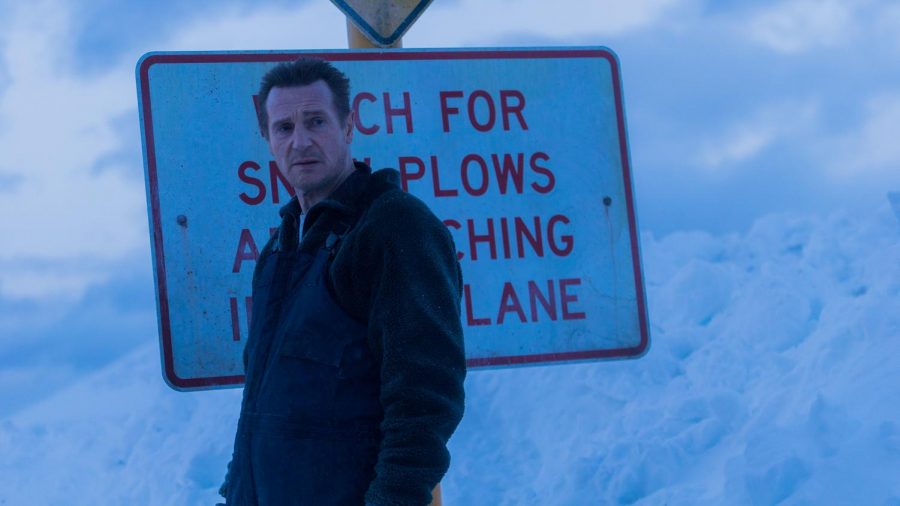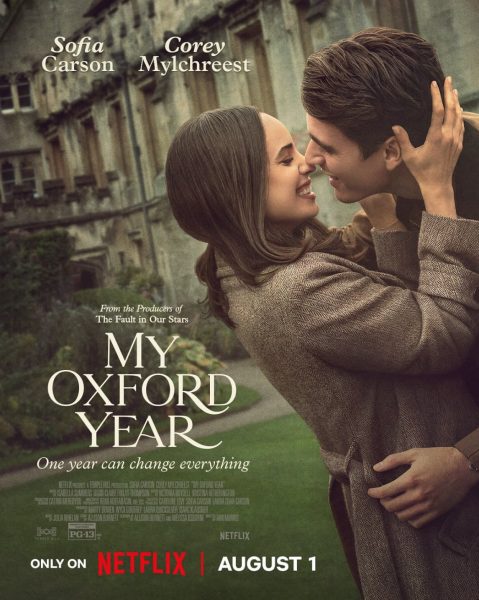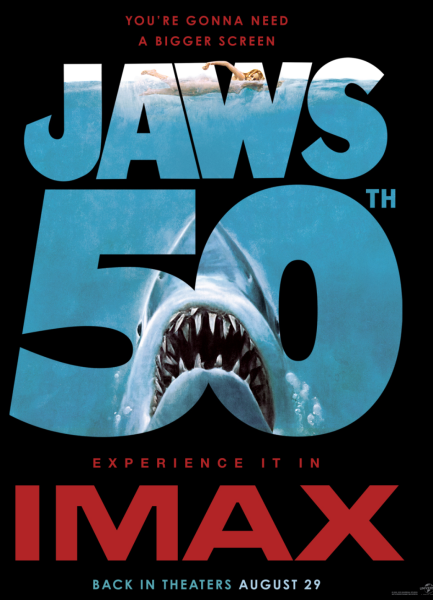“Cold Pursuit” Cannot Escape Itself
By Matthew Dillion
“Cold Pursuit” is the latest Liam Neeson revenge flick, though it has a very different approach from his previous movies.
The film is surrounded by intense controversy ignited by the racially charged comments Neeson made in interviews leading up to the release, in which he admitted when he was younger he once thought about killing a random black man after a female friend told him she was raped.
Despite controversy, “Cold Pursuit” is a largely forgettable movie. Deep in the Rocky Mountains, Nelson Coxman (Liam Neeson) is a snowplow driver that ends up seeking revenge against drug dealers that killed his son. In contrast with other Neeson vehicles like “Taken” and “Nonstop,” “Cold Pursuit” presents itself as a self-aware black comedy.
Tricks like every onscreen death being followed by a title card bearing the deceased’s name, nickname and religion dot the film. The movie also tries its hand at subverting the revenge genre, as Coxman finds himself too busy hunting down people with nicknames like “Limbo” and “Viking” to confront the fact that he barely knew the son he lost.
These aspects distinguished “Cold Pursuit” from the largely identical, myopic revenge films that characterize the latter part of Neeson’s career. Unfortunately, none of it is executed well enough to make the film anything more than average.
In its attempts to show the complexity and human cost of revenge, the plot of “Cold Pursuit” ends up in disarray. Running at nearly 2 hours, a few plotlines feel unnecessary enough to be removed entirely or have such a small payoff that they could be cut down considerably. The film’s insistence on showing that even the most abhorrent villains in revenge movies are still human beings is interesting. Most of the best “Cold Pursuit” moments stem from this premise when it can get it to work effectively.
Unfortunately, the approach is very much quantity over quality, to the point where Neeson has little presence outside of the opening and closing portions of the movie.
His interactions with the main antagonist’s son are the highlight of the film. However, Neeson spends most of “Cold Pursuit” as the rage-driven justice-seeker we already have seen him play in close to a dozen other revenge flicks.
The film’s tone and humor range from subdued to simply not funny.
The problems of “Cold Pursuit” with committing to its premise can also be seen in how it handles the Native American gangsters that dominate its second half. The film uses them to introduce themes about colonialism and racism awkwardly.
However, “Cold Pursuit” fails to explore these topics in a meaningful way. It does not even give enough time or effort to those complex issues to justify their inclusion.
The film’s visuals and sound design match the jumbled approach everything else has. While most of “Cold Pursuit” has a consistent style reminiscent of filmmaker Wes Anderson, it will occasionally switch to something more fitting for an action movie.
At times it is easy to suspect there was a version of the movie that was closer to overt parody than the final product. The movie largely avoids the worst excesses of Neeson’s post-“Taken” work, while offering some effective moments.
But that is not enough to save it from mediocrity. “Cold Pursuit” may mock the standard, nihilistic revenge flick, but it still feels like one for most of its running time.













































































































































































































